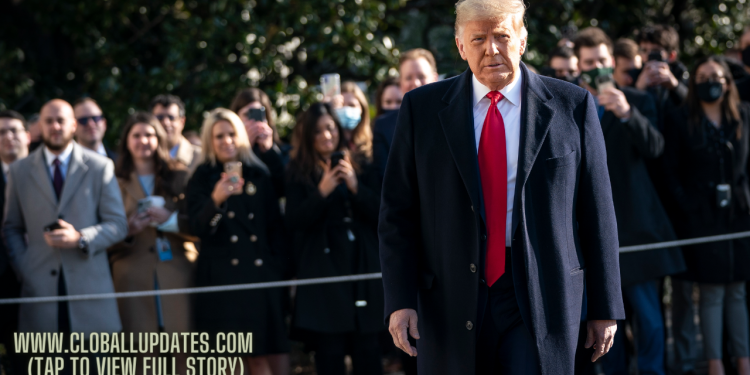Trump’s Conviction: A Republican Rift Deepens
- Trending
- Comments
- Latest
Musk’s Twitter purges blue tick marks.
April 23, 2023
Putin Regrets Ukraine Invasion Timing
December 19, 2024
Trudeau Faces Crisis After Trump’s tariff threats
December 18, 2024
Newsletter
Recent News
Putin Regrets Ukraine Invasion Timing
December 19, 2024
Trudeau Faces Crisis After Trump’s tariff threats
December 18, 2024















































